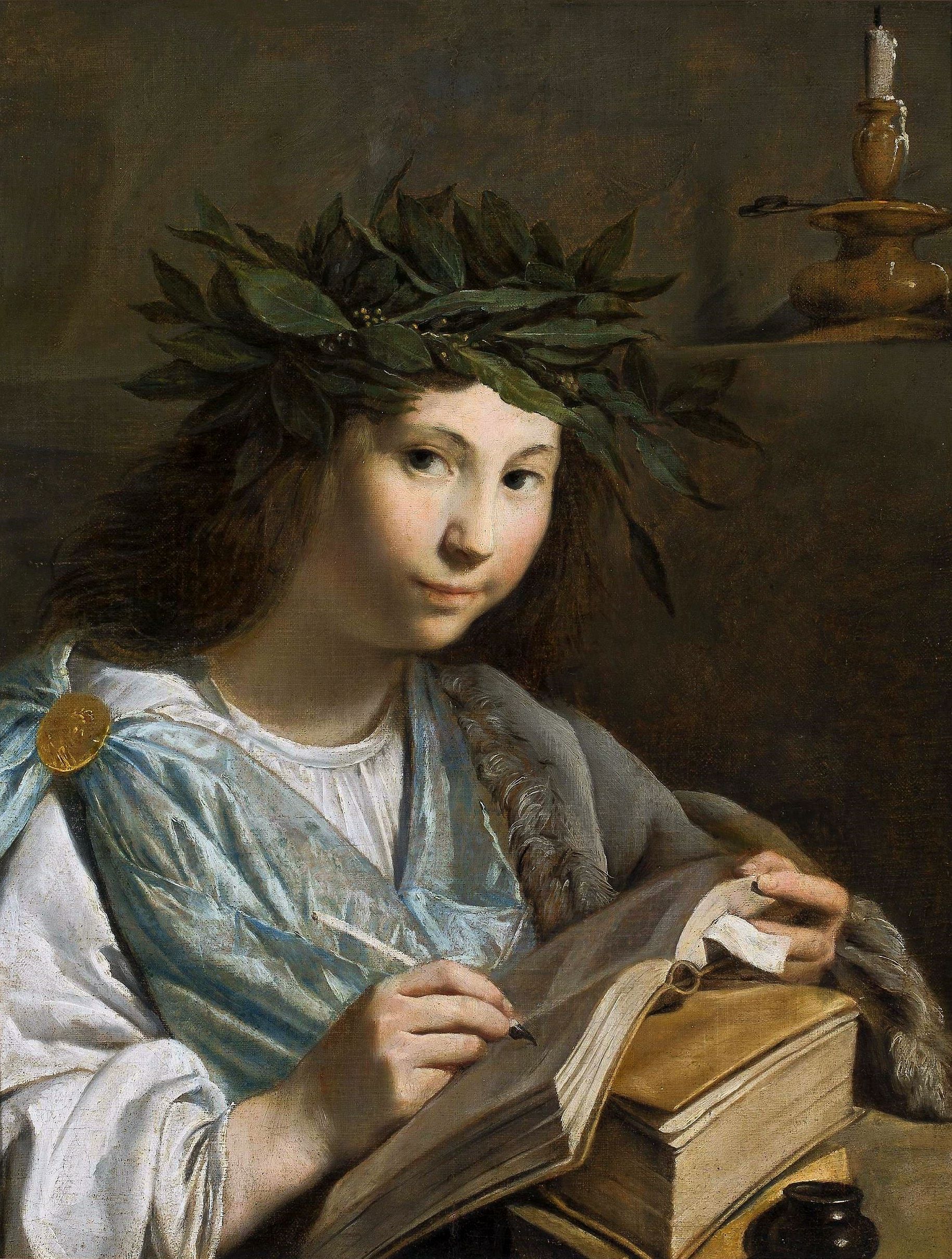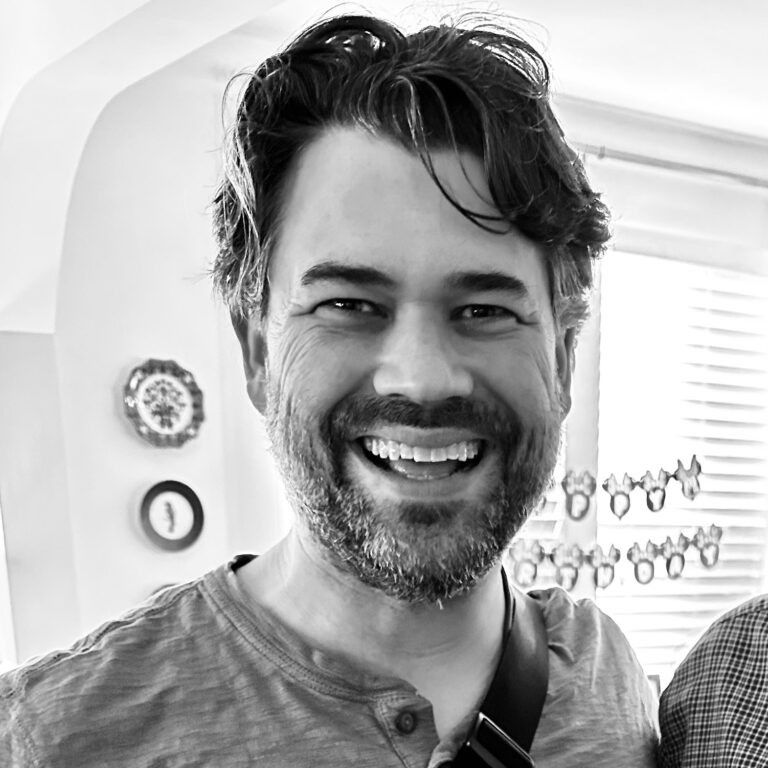An Interview with Ben Street
Ben Street is an author, art historian, and lecturer.

Who are you, and what do you do?
I'm an art historian based in London. I teach, lecture, and write about art, usually the art of our time.
How did you get interested in that?
I began by making art myself, then transitioned into reading about it, then writing about it, and I'm trying to get back to making it now. I've been working in this field for over two decades, and I've not much to show for it, but it's an enjoyable life. I can't believe I get to do it.
What resources could you suggest to people who want to learn how to do what you do?
Anywhere art is found (IRL, in print, or virtual) is the best place to start. I'm not sure that there are huge mobs of people wanting to find out more about what I do, to be honest.
What routines & habits help you get your work done?
I do everything at the last minute, which I wouldn't recommend to anyone, but it just about works for me. I fetishise fancy stationery, which I never use - all my best writing is on the backs of envelopes or in my Notes app while waiting for a bus.
You've written an eminently readable & enjoyable book, How to Enjoy Art. What's your process for enjoying art and has it evolved from when you were just getting interested to now, as an art historian?
Thank you! Basically it hasn't changed. I used to stand in front of an object and draw it; now I'm a rusty draftsman (I'm trying, though) I look at it as though I'm drawing it, in a way. It's a process of stepping inside the artwork itself. The best place to do that is in front of the real thing. I also recognise that my art historical knowledge isn't the same thing as the kind of experience art itself can provide, if you let it. What I mean is that all that information I've absorbed and processed over many, many years as a teacher and writer cannot account for the magnetic quality of what an artwork can do to you. I keep hold of that knowledge, of the limits of my own knowledge and the vastness of my ignorance, which keeps my feet on the ground.
How important is authorial intent in an artwork vs. what the viewer interprets?
Ask the same question of a song or a film or a novel. How important is it to you that "Hey Jude" is actually about John Lennon's son? Truly, how does that knowledge shift the magnetic quality of that song? It doesn't; the artwork (painting, song, book, film) does not belong to the author. It's yours too. People have been saying this for hundreds of years. It's a dance between the two of you.
Some of the marble sculptures we see today used to be painted or gilded. It's a layer that's been stripped over centuries. You noted in the book that "...art history is a story about the misinterpretation of the past as much as the continuation of it..." Some misinterpretations, by virtue of being so long un-corrected, have added to the discourse around any given work of art. How does the art world go about correcting the record? Is it even possible?
This is a complicated one but my instinct is to say, there is no correction. Put simply, every artwork is an experience waiting to happen. Every experience is happening now: right now. So every artwork is contemporary. Again, ask the question of a song, and see where it leads you.
Art has, for a long time, been entwined with money – as something commissioned or bought for value. Do you think the high prices some art works command are a positive or negative for the art world?
It depends what you mean by "art world" (see question 9), which is a term I dislike because it implies a separation from the "other" world - the one we live in, pay taxes in, make dinner, etc. The high prices for art are about high prices, not about art. No object, not even the "Salvator Mundi" has any intrinsic material value, unlike, say, a yacht or a big house. So we need to stop beating art around the head with money. They are two different systems of value, nothing like each other.
I've used "art world" though I believe, as you do, that art is for everyone to enjoy – and can be enjoyed by anyone. What would you say to break the barrier of one who thinks art is impenetrable or something they just might not "get"?
Stop taking it so seriously, I guess. And remember that no-one really knows anything, to paraphrase William Goldman. It is true that anyone can enjoy art, and we have to emphasise that word enjoy. Reading art historical writing can feel like ingesting shingle, but at the heart of every art historian or curator is someone who just really loves art. I hope.
During restoration, does a work of art become a Ship of Theseus? Is it more meaningful to let a work of art degrade over time, or to restore it for future generations?
All artworks, ever made, get cleaned and restored. The question is, what do you value? An object as an old thing, or an object as a living thing? My instinct is with the latter.
What impact will AI art have on art as a medium? As a form of expression?
AI is a tool, like oil paint or the collapsible easel, which artists will make use of and do interesting things with. There's a lot of bad AI art out there, but there's always been a lot of bad art around, it just doesn't usually survive.
You mention on your site you're writing your PhD on the late work of Philip Guston. Who was Philip Guston, and why did you choose his late work?
This is too vast to answer succinctly, but I'll try. He was a Canadian-American artist of the second half of the twentieth century whose work has been living inside me for about 20 years, since I first saw it. I find his late work energising, hilarious, frightening and completely compelling; it changed the way I see my subject. I could not make sense of his work at all when I first saw it, but it stayed with me as a fascinating problem, or a blind spot in my taste. I find that often the artists I find incomprehensible are the ones that mean the most to me: Matisse is another one. Often an aversion, or a bafflement, is the sign that something will stay with you longer.
What are some art works you’re particularly fond of, or enjoy, or think others should probe?
I think people should look closer at artworks they take an instant dislike to. Also, I think people should look closely at really, really famous works of art, and as they do so, let what they've been told about it, or what they've heard or read about it, fall away. Try and see the "Mona Lisa" as a real thing in a real space. Look at it slowly, silently. See what happens.
How do you relax or take a break?
I watch "Bluey" with my 3 year old. She doesn't even like it; I insist.
Whose work inspires or motivates you, or that you admire?
As an educator, one of my principal inspirations is Amy Herman, who lead brilliant and creative education programmes at various museums in the US and is the author of a great book, “Visual Intelligence”. I am generally inspired by thinkers at the threshold of different disciplines - I find that most of the more interesting ideas emerge in the borderlands. In no particular order, I find envy-tinged motivation in work by Lawrence Weschler, Janet Malcolm, John Berger, Jenny Odell, Teju Cole, Amy Sillman, John Jeremiah Sullivan, Rodney Graham, Hanif Abdurraqib, Geoff Dyer, Michael Taussig and Anne Truitt. These are producers of ideas that germinate further unexpected ones. That is motivating.




